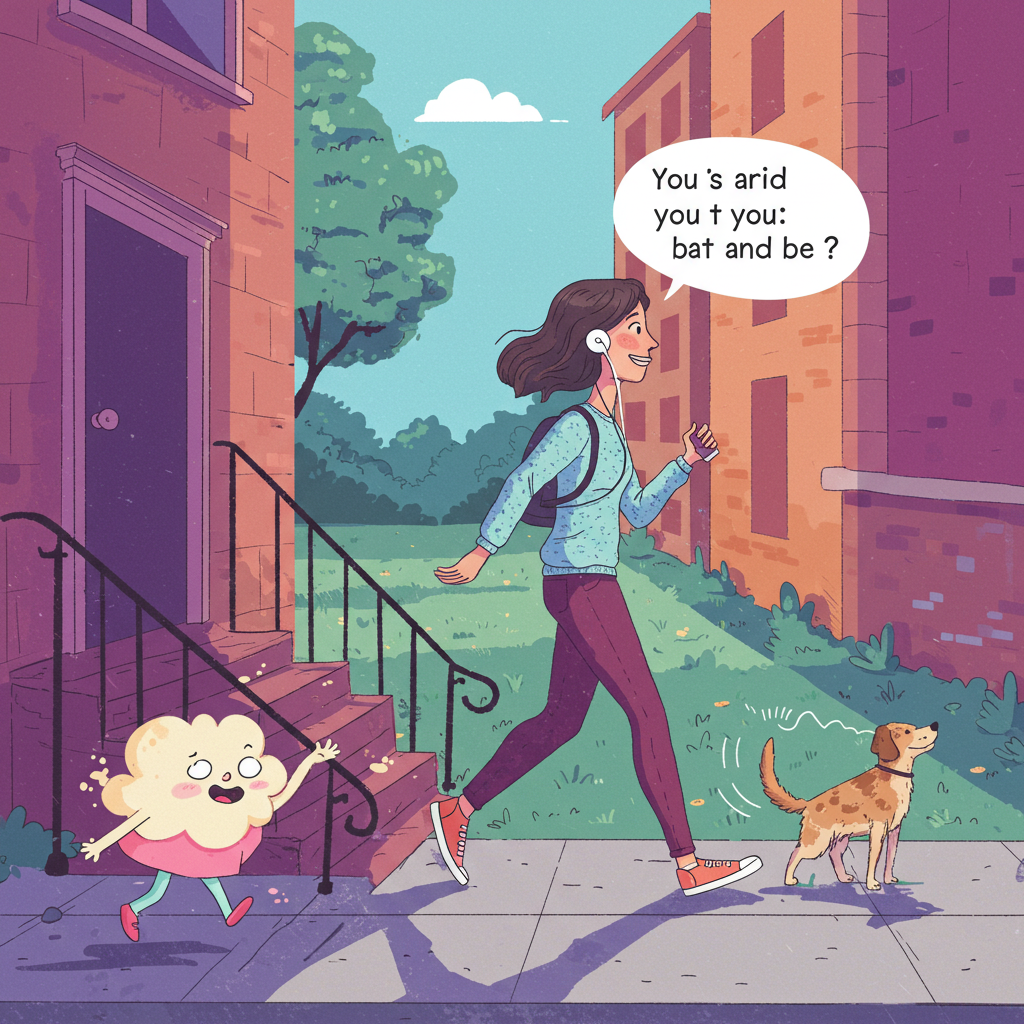Taking the First Step Towards a Happier, Healthier You
Have you ever wondered how much walking can be effective? It is physical activity that boosts your mind and helps in releasing stress, anxiety, and depression. It looks tough, but when you start it, after some days it becomes your habit, and it is not going to be a tedious task for you.
Walking is like giving your mind and body a mini spa day without spending a lot of time. The science behind it is that walking releases endorphins (happy hormones) and also reduces stress levels. The more you walk, the more fun it becomes. You might even find yourself feeling like a kid again, chasing after the pure joy of moving, just like those carefree days spent playing outside.
And if you’re an introverted soul who loves to wander through your own thoughts, walking will feel less like exercise and more like a peaceful little adventure each day.
Helps in Reducing Stress and Anxiety
Walking releases happy vibes chemicals, which give a sense of relaxation and keep your mind calm; therefore, we can say it is helpful in lowering stress and anxiety. Outdoor walking helps you engage in rhythmic movement that can help quiet the mind in this chaotic world.
This regular habit has a meditative quality that permits you to pay attention to the current moment instead of stressing about the past or future. This also helps in breaking the chain of anxious thinking.
Improves Sleep
A good night’s sleep is so much more important for a great day. If you have trouble sleeping, walking can be a good solution. After a walk, you’ll feel lighter and in a fresh mood, which helps improve your sleep cycle.
Nowadays we are seeing that insomnia has become a common issue in the younger generation, so if you are also dealing with it. Try making 10000 steps your regular habit and see its result.
Enhances Brain Efficiency
Walking is also beneficial for the brain. Regularly making 10000 steps aids in increasing blood flow to the brain, providing it with oxygen and nutrients that it needs to function at its best. It helps in better decision-making as well as improving concentration level. In addition to that, doing regular walks helps us in protecting against age-related risks like dementia and Alzheimer’s disease.
Take First Steps Toward 10,000 a Day
In the beginning it may feel terrific to take 10,000 steps daily, so you should start with 5,000 steps and slowly and gradually increase it to 7,000 and then so on. If you do not have that much time to complete it in one go, you can also break it into short walks, like during a lunch break, after dinner, or even walking in place while watching TV. The whole game is about consistency. If you work consistently toward this goal, soon you are going to notice improvement in your mental well-being, energy level, and mood.
Some Funny Things About Daily Walks

If you feel bored and nobody is joining you for a walk, try these little hacks that can turn your solo stroll into an adventure:
Create a funky playlist. Put in your earbuds and play the songs you secretly love, and dance-walk like nobody in the world is there to notice you.
Invent quirky but funny challenges, like a zig-zag walk or sometimes walking on certain colored tiles.
Give strangers nicknames: Try to make harmless fun with yourself by generating stories about people you pass.
Take a random path: Sometimes it can be interesting to choose any random path instead of regular, boring streets.
Walk with an imaginary friend: Maybe it’s your fictional character or a person with whom you have ever walked. Imagine him with you. It also gives you fun.
Take the stairs: instead of going through the lift, go by stairs. It also burns your calories and is a new fun for you.
Slow-fast pace: Create your own rhythm! Walk fast on one street, slow down on the next, and alternate as you go. Move however your body feels most relaxed.
In the last, we can say walking is not only beneficial for physical health, but it is also an antidote for dealing with stress and mental illness, as well as it can be a good source of fun in your daily activity.

